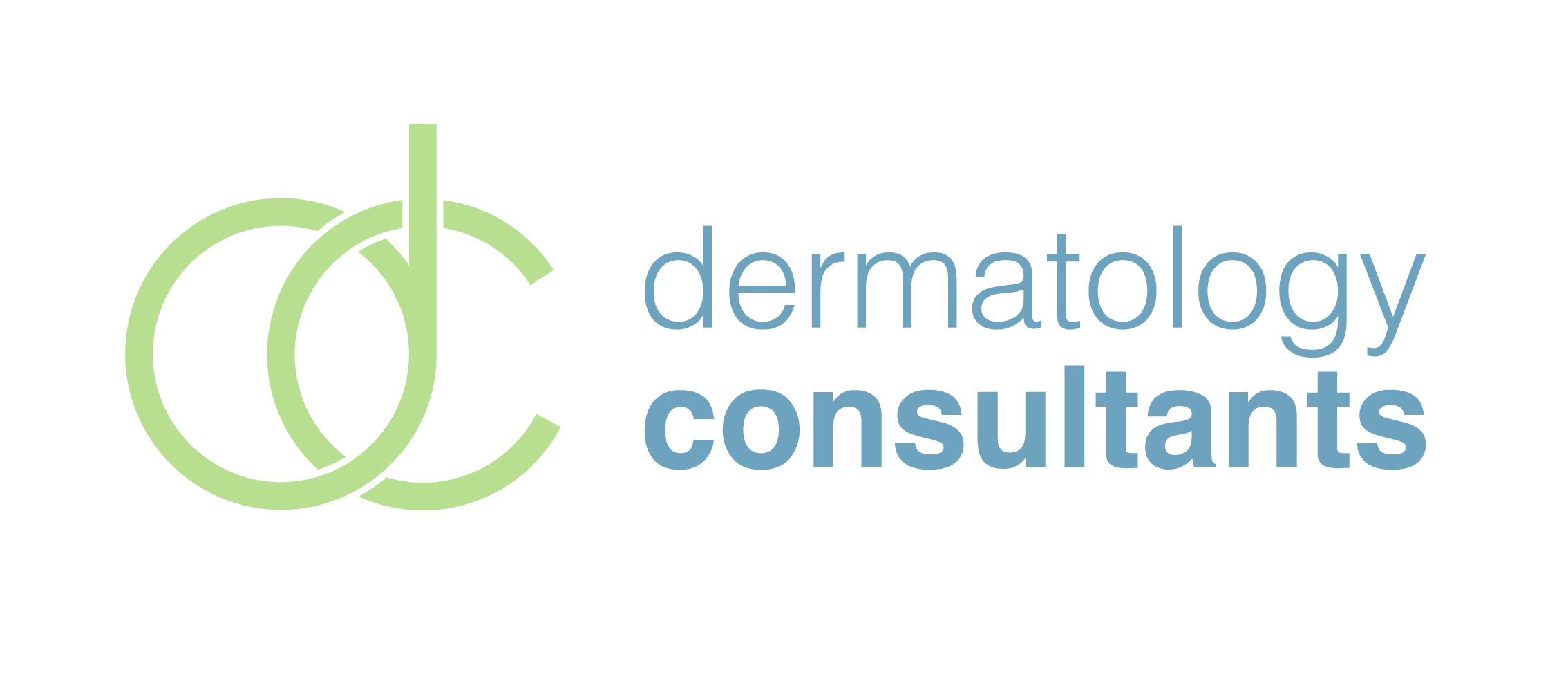Adult Acne: Top 10 Skincare Tips for Grownups with Acne
When adults experience acne, it can be an unwelcome return to their troubling teen acne days, or even a completely new skin issue. They never had an acne problem as a teen, so they are astounded that they have to deal with acne problems now.
According to a 2012 study published in the Journal of Women’s Health, acne affects nearly half of all women ages 21 to 30, a quarter of women ages 31 to 40, and 12% of women ages 41 to 50. No matter how old you are, the conditions that can cause or worsen acne problems – hormones, genetics, stress, and perhaps a too-lax skincare regimen – can cause you to experience pimples, blackheads, enlarged pores and acne so dramatic that it can adversely affect your self-esteem.
Acne flareups can be a sign that your nutrition is not optima, or that your stressload is too high, and your doctor can discuss the whys of your adult acne problem while you work together with your board-certified dermatologist to create an at-home and in-office treatment plan to banish those blemishes and get your skin looking smooth, clear and radiant again.
Here are 10 top skincare tips for grownups with acne:
1. Do not pop or pick pimples.
You may think you are clearing away what is clogging your pores so that skin healing can take place more quickly, but what you are actually doing by using your nails or an extraction tool on your own is raising the risk of infection, and making your pimple problem worse…and perhaps causing scarring. Always resist the urge to pick, and treat your acne the proper ways.
2. Get your doctor’s suggestions on at-home cleansing and moisturizing product ingredients.
For mild to moderate acne, dermatologists often suggest a cleanser with bacterial-killing benzoyl peroxide to minimize irritation, and your doctor can advise you on whether to use a gel-type skin cleanser for your oily skin type, or cream or lotion-based skin cleansers and moisturizers to improve your dry skin. Salicylic acid products can unplug pores, reduce redness and swelling and help improve your adult acne problems.
3. Get a prescription.
Your dermatologist may advise a prescription-strength retinoid such as Retin-A or other time-tested, effective prescription acne medications, or your doctor may suggest a newer prescription that combines retinoids with antibacterials that can be more effective than using separate products. (and because retinoids also have anti-wrinkle properties that stimulate collagen production, they can be attractive options for fighting your adult acne issues while also enjoying the skin-smoothing effects of retinoids.)
4. Ask your doctor about birth control pills.
Since oral contraceptives can help normalize hormonal surges and regulate your monthly menstrual cycles, the effects may also regulate your hormonal oil gland activity. Several different birth control pills are FDA-approved for treating acne, so discuss with your doctor – and also with your partner – if this method of treatment works for your family-planning and also for your health issues. Talk with your doctor about side effects and potential risks of taking oral contraceptives, one of which is the risk for blood clots.
5. Improve your diet.
While eating chocolate or junk food does not cause acne on their own, eating too many refined carbs can affect your insulin levels, which can trigger a release of hormones that can inflame skin follicles, leading to acne breakouts. Talk to your doctor about nutrition advice to help improve your health overall, and boost your intake of nutrients that can improve your skin as well as your hair, nails, digestion, metabolism and other facets of good health.
6. Avoid comedogenic ingredients.
Women who are concerned about aging often purchase pricy anti-aging lotions and creams to help erase fine lines and wrinkles, but many of these creams contain comedogenic, pore-clogging ingredients. So as you try to cover up your blemishes with these creams, you are exposing your skin to dyes and binding ingredients than can make acne worse. Some products and ingredients can clog pores and create irritation, which is even worse if you neglect to remove your makeup or daytime-applied lotions before you go to sleep.
7. Ask your doctor about laser treatments to treat acne.
Conducted with the latest laser technology, a series of in-office treatments can reduce the signs of acne. Fraxel laser treatments are one of the most effective laser treatments for acne and acne scars, since this type of laser treatment for acne and acne scars treats different layers of skin.
8. Ask your doctor about microdermabrasion.
This non-surgical procedure conducted in-office and with minimal downtime can safely slough off dead skin cells and help prevent skin issues that can lead to acne flareups.
9. Ask your doctor about tea tree oil, which may effectively fight mild to moderate acne breakouts.
The oil has antiseptic properties that can help reduce acne-causing bacteria on the skin and can reduce imflammation in skin cells. It is important to consult with your dermatologist about this or any other natural skin treatment product, as they may not be effective or may conflict or react with prescription of over-the-counter skin medications or treatments.
10. Reduce stress.
Stress itself does not cause acne, but it can make existing adult acne worse. Stress hormones such as cortisol can wreak havoc on your skin and your overall health, so talk with your medical professionals about the ideal stress-reduction methods for you.
In addition to these treatment and self-care options, which your dermatologist may suggest singly or in combination for the treatment of your adult acne flare-ups, keep in mind that clear materials against your skin can help reduce acne breakouts. Change your pillowcase at least once a week to keep skin oils away from your skin, and clean baseball caps and other accessories that come into contact with your forehead on a regular basis so that dirt and oils do not contribute to your breakouts.





